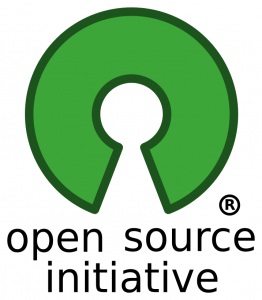
Open Source Logo
Would you like to contribute to open source Hyperion utilities, or maybe just provide ideas for some? There is a small but growing number of third-party tools and utilities available in the Hyperion ecosystem. The most well known is probably the Outline Extractor.
But there are several others Hyperion tools – many written by yours truly. Many of these tools you can find under the Projects section of this website. These include such fun items as a way to generate test data for a cube, a hack for loading Essbase data without a load rule (even from any JDBC source!), a method for generating substitution variables based on time and date, summarizing rejected records from a reject file, and more.
At the moment, all of these tools are written in Java. It’s the language I am strongest with and fits very well within typical enterprise architectures. I am even working on a few more goodies that will be released in the upcoming weeks and months. Generally speaking, most of the utilities I have written are cleaned up versions of tools that I have created during the course of my work that I thought someone else might benefit from.
Once again, I have returned from another awesome Kscope armed with dozens of other ideas for utilities that the greater Hyperion community can benefit from. Many of these ideas are driven by other people expressing a pain point they have or starting off a sentence with something like, “Wouldn’t it be nice if…?”
That all being said, I just wanted to throw out there to the Hyperion technical community and world at large that if you are interested in helping create these kinds of things to benefit the community, please let me know! If you have your own ideas, I’d love to hear about them. You don’t even have to be a programmer! In fact, if you are a business person (who happens to read this geeky blog), but have an idea for some utility that would benefit Hyperion users and administrators, get that idea out there. There are many ways to help open source projects – testing, documentation, support, marketing, and so on.
Work comes first, of course. Generally speaking these tools and utilities get my attention on an “as possible” basis, so projects, such as they are, are released when they can be. I just want to get a feel for who is out there in the community and interesting in hacking on a few things.
Thanks,
Jason